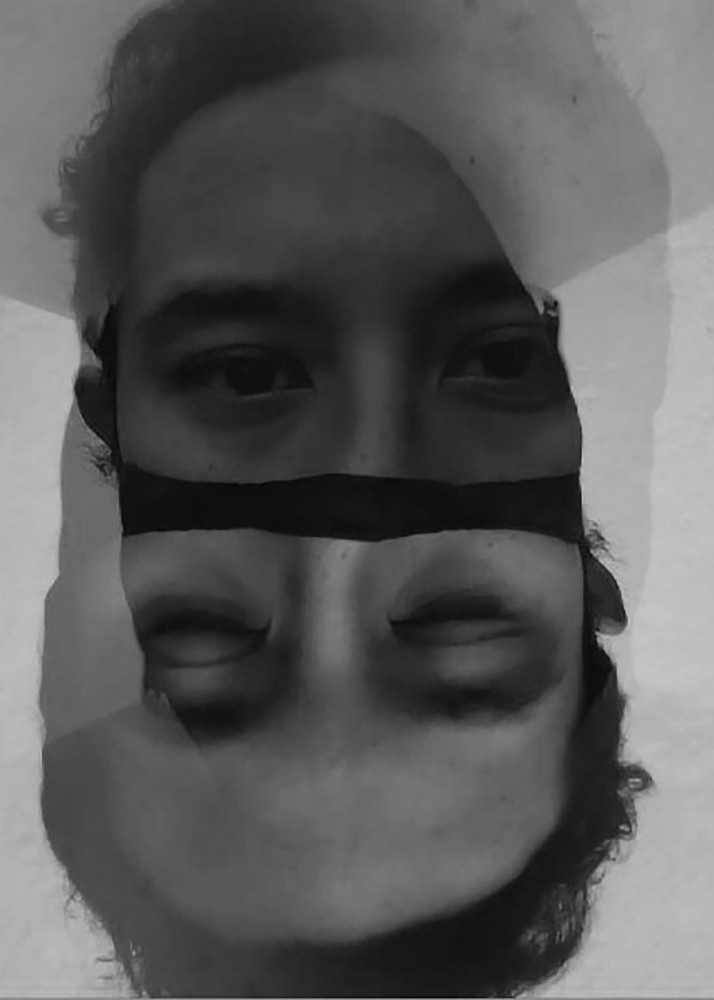
THE DEMATERIALIZATION OF THE ENCOUNTER: WE ARE TIME.
first performed on April 27, 2020
Artist's studio, Torneros street 144. Northeast.
performed once in 2020
FAUSTO GRACIA
Querétaro, México.
655780030f655780030g655780030.655780030f655780030a655780030u655780030s655780030t655780030o655780030g655780030r655780030a655780030c655780030i655780030a6557800301655780030@655780030g655780030m655780030a655780030i655780030l655780030.655780030c655780030o655780030m
faustogracia.wixsite.com/fgracia
THE DEMATERIALIZATION OF THE ENCOUNTER: WE ARE TIME.
FAUSTO GRACIA
“The dematerialization of the encounter: we are time” is a video-performance that I made in my artist studio in the city of Querétaro, Mexico, during the mandatory confinement due to the public health emergency caused by the global pandemic of Covid-19, which we continue to face throughout 2021. The title of the piece is based on a work by the Uruguayan writer Eduardo Galeano, titled Bocas del Tiempo. 2020 was undoubtedly a year that took us by surprise, it changed our way of relating, meeting, inhabiting, exposing ourselves, and, to some extent, dematerializing the encounters we were used to before the pandemic. This video performance was the result of a process of isolation that had a direct impact on my body and my emotional state. Totally isolated, using the digital resources that were on hand as the only means of communication, fear, despair and an uncertainty like no other before the future were the emotions that surfaced. In the video performance, there is a set of images that are juxtaposed one on top of the other, they are images of my face in the foreground with a naked torso, in this succession of images the face becomes blurred, fades, loses its materiality and gives way to absence. Another inverted face appears, upside down, reflecting our own time, at a certain moment in the video the mouth cover (mask) becomes present, as an almost fetish object of the lived moment. The faces are juxtaposed and create an image that becomes poetic and political at the same time. It is a construction of moving images that are simultaneously recognized and denied. When taking this action, I had no idea that the pandemic would extend for so long, we did not know that millions of people would die, that it would become a matter of public policies, privileges and hegemonic discourses, and, above all, it would increase the precariousness of the most affected populations and racialized in the world. In the words of the Mexican writer Nestor Garcia Canclini, “[…] We cannot help wondering what to do with our affects materialized in other bodies […].” That is why this action also reflects on the affections and the great and important need to build from the care of oneself and that of others.